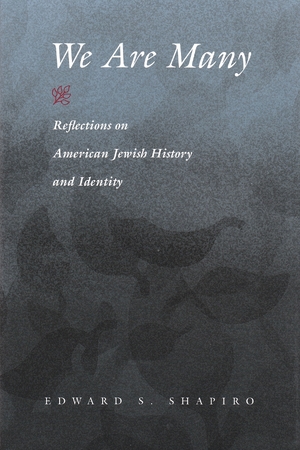"Seymour Krim? Never heard of him? Start by reading this book cover to cover. If you know Seymour Krim, this collection of ‘pieces,’ a compendium of his grand kvetches, will remind you of a true indispensable American individual."—American Book Review
"Nobody else wrote about status-envy and disgruntlement with the same level of honesty."—Los Angeles Times
"There is the series of remarkably penetrating essays, written out of Krim’s own experience, on what it meant, in the ’50s, to be a white boy prowling Harlem for sex and music. Today, these pieces are as wise and moving as they were on the day they were written."—Bookforum
"The mere presence of this book makes me happy, let alone Mark Cohen’s sympathetic editing and introductions. Krim has been out of print for too long."—The Forward
Description
In 1961, Beat writer Seymour Krim set Greenwich Village on its ear with a slim volume of essays that featured an unleashed voice, a brash title, and a foreword by Norman Mailer. James Baldwin called Views of a Nearsighted Cannoneer an “extraordinary volume.” Saul Bellow published an excerpt in his journal The Noble Savage, and Mailer saluted Krim’s jazzy prose with its “shifts and shatterings of mood.” Despite such praise and critical attention, Krim’s work is excluded from most Beat anthologies and is little known outside literary circles. With Missing a Beat, a collection of eighteen essays by Krim published between 1957 and 1989, Cohen introduces this influential writer to a new generation.
In the Village Voice, New York Magazine, New York Times, and elsewhere, Krim pioneered a new style of subjective and personal reporting to write about the postwar American scene from a Jewish angle. Aggressively unacademic, Krim’s journalism displays the “rapid, nervous, breathless tempo” that Irving Howe called a hallmark of Jewish literature.
Krim outlived his early literary fame, but he produced an impressive body of work and was a tremendous prose stylist. Missing a Beat resurrects an American original, finding Krim a new literary home among such celebrated writers as Norman Mailer, David Mamet, and Saul Bellow.
About the Author
Mark Cohen is a cultural critic and lecturer living in the San Francisco Bay Area. He is the author of numerous articles on Jewish American literature and popular culture and of the book Last Century of a Sephardic Community: The Jews of Monastir, 1839-1943.
March 2010


